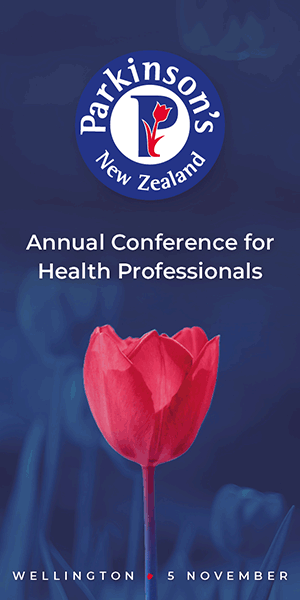The ballot relates to the NZNO/DHB multi-employer collective agreement (MECA) negotiations. NZNO was still hopeful of reaching a settlement, Wait said.
The ballot closes on May 13 and while he was reluctant to pre-empt the results, Wait said there had been a strong response, in favour of strike action.
The offer
- Health-care assistants (HCAs): $900 lump sum; pay scale introduced over two years to increase HCA pay by 5.6–12.2 per cent.
- Registered nurses (RNs) steps 2-4: $900 lump sum and $1200 flat-rate increase in May this year.
- Senior RNs steps 5-8: $1200 flat-rate increase in May 2022; no lump sum.
- Registered midwives (RMs) steps 2-4: $900 lump sum; 1.25 per cent pay rise from May this year.
- Senior RMs: 1.25 per cent increase from May this year; no lump sum.
- All midwives: $1200 flat-rate increase from May 2022.
Should the DHBs come up with a revised offer, there would be time for members to ratify it before the date of the strike, planned for June 9, Wait said. NZNO planned to give 23 days’ strike notice (more than the required 14 days) to allow for that possibility.

Members working in managed isolation or quarantine (MIQ) facilities, or at the border, would not be required to strike, he said. “Those members will take part in campaign action, but are not going to be asked to participate in the strike, because that’s the right thing to do.”
But that was the only exemption, he said. Members working in the COVID-19 vaccination programme would be expected to strike. “That service is quite different… DHBs can easily schedule around it with minimal disruption to the vaccine roll-out.”
Members had been clear, determined and united in their rejection of last month’s offer from the DHBs, Wait said, giving the bargaining team a strong mandate. “One of the things we’re pleased about is that our members are unified and it’s really clear what they want and what they are prepared to do about it.”
If it went ahead, the nationwide strike would be for eight hours, from 11am to 7pm. It would be a very “visible” protest as nurses walked off the job mid-morning, and would spread the burden of salary loss, affecting just half a shift for most workers, “rather than a full day’s pay,” Wait said. “It also means that if further strike action is necessary, there will be room to escalate that action.
“We know that members feel like they’re not valued for the work they do, and it’s been a long time coming for them, in terms of pay and safe staffing that DHBs have committed to but members are not seeing.”
Wait said that at a meeting last month the DHB bargaining team seemed open to members’ concerns over the current offer, which largely excluded senior nurses. The DHB advised they would have to consult ministers – including health, finance and the public service – to make an offer “outside their existing mandate.
“The DHBs are certainly looking for a way to reach agreement,” Wait said.
DHBs spokesperson Dale Oliff said last month that DHBs were “disappointed” by NZNO’s response to an offer “deliberately weighted” towards those at the lower end of the pay scale. Increases of up to 11 per cent for them would close the “growing gap” with those at the top, who had rises of up to 16 per cent in the last DHB MECA round, she said.
“For senior nurses and midwives, there is an element of restraint that applies to all higher paid public servants, but the offer is reasonable in the context of other public and health sector settlements.”
Wait disputed that, saying pay restraint for senior nurses and midwives was a “blunt tool” and more to do with the DHBs’ bargaining mandate than principles around pay negotiations. “They’ve arbitrarily decided if you’re paid a certain amount, then you don’t need a decent pay rise, regardless of the value those members bring to the health system.”




